By: Reid Griffin, Contributing Writer
A film need not be a cinematic masterpiece to be worth watching.
“Space Sweepers” is a Korean science fiction adventure directed by Jo Sung-hee. After a year-long delay, it was released on Netflix on Feb. 5th. It may be a cheesy sci-fi film with ham-fisted plot devices, but the action scenes are exciting, the settings are gorgeous, and the characters are relatable.
In “Space Sweepers,” the year is 2092 and Earth is a dying world. The UTS corporation controls orbital stations where a small percentage of the population works and lives. Everything is privatized, from the laws to the militarized police that enforce them. Non-citizen stations for space laborers on work visas are hazardous. Citizenships are expensive, the price of a lower status even more so—your life.
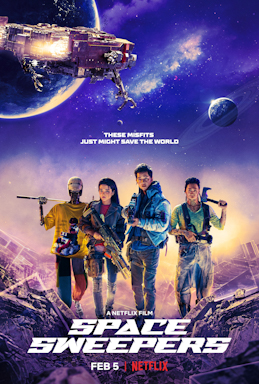
The main cast boasts a variety of Korean drama stars who bring life to the dysfunctional crew of the Victory: Captain Jang (Kim Tae-ri), pilot Tae-ho (Song Joong-ki), engineer Tiger Park (Jin Seon-kyu), and reprogrammed military robot Bubs (Yoo Hae-jin).
Their tenuous existence hauling space salvage is threatened when they discover a humanoid robot said to be a weapon of mass destruction, setting them on a collision course with UTS CEO James Sullivan (Richard Armitage) and a mysterious terrorist organization.
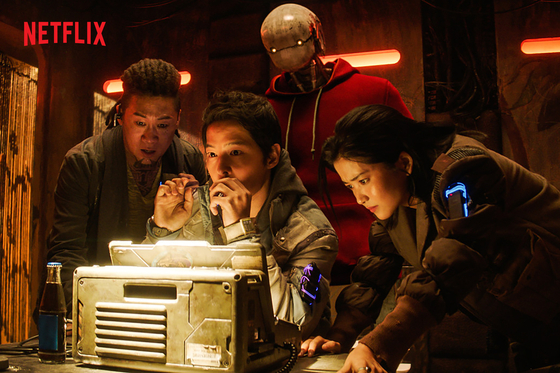
Visually, “Space Sweepers” is not as dark and gritty as its predictions of humanity’s future. Fans of Marvel’s “Guardians of the Galaxy” will appreciate that this film is not afraid of color. While many locations are dim and grungy by necessity, the world is still alive.
Color is also used in the wardrobe choices to guide the eye to the characters. Bright red and yellow clothes demand attention.
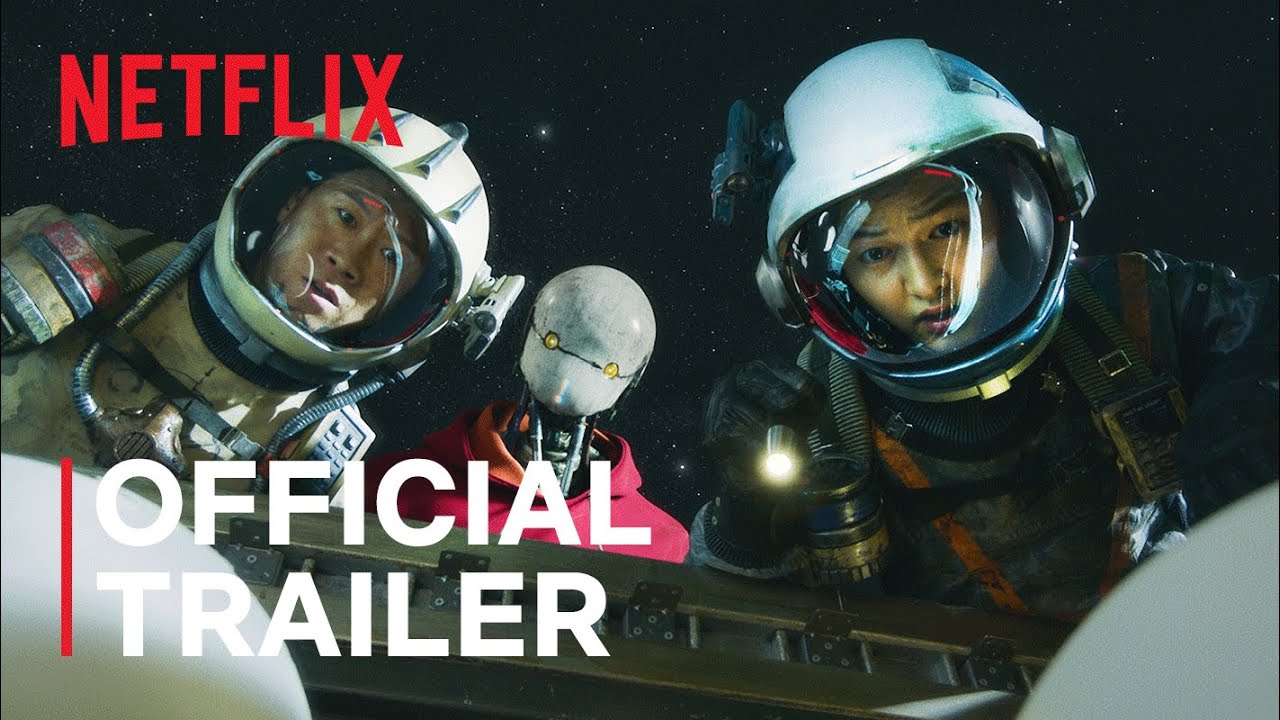
The heavy usage of computer-generated images does not detract from how ‘real’ this film feels. Outer space is brimming with its own culture and personality. Even the motion-captured robot feels as tangible as the other actors.
“Space Sweepers” also reflects a staggering diversity of language. Translation devices allow characters to speak a preferred language and still be understood; instead of using these devices as a cheat code for the entire film to be in one language, they are used to show off a variety. Korean, English, French, Chinese, German, Arabic, Russian, and Danish are all present within the first half-hour.
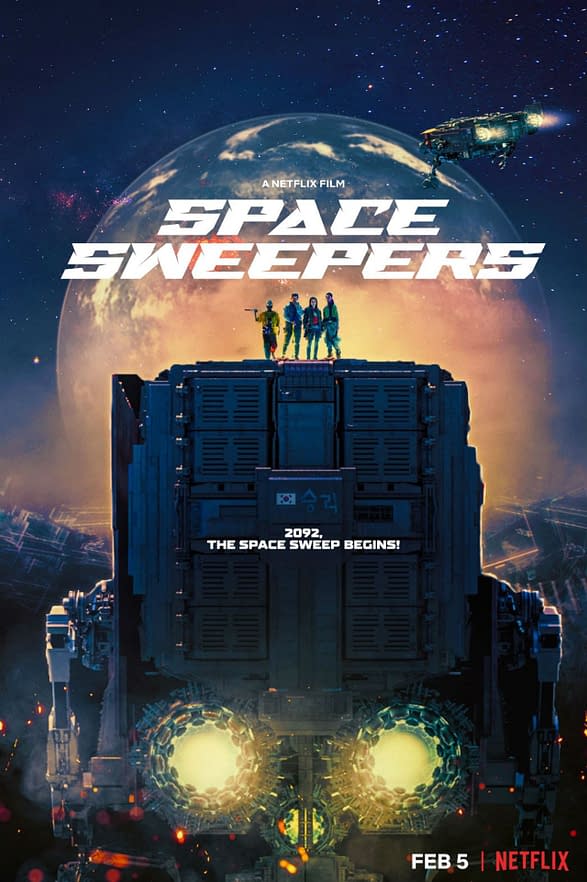
At first glance, the Victory crew has nothing alike beyond their nationality, but by the end of the film they show loyalty and love for each other and for all of humanity. Powerful bonds develop between the crew and the people around them. Ostensibly motivated by greed, “Space Sweepers” suggests that what people must do to survive in a capitalist society is not indicative of their true character.
The comically evil UTS CEO would disagree. Sullivan’s next UTS project is a Mars colony. He plans to handpick 5% of the population based on genetics, believing their morals and their worth to be inherent in their DNA. His obsession with purity and eugenics are a stern warning against the rise in global fascist ideology—particularly eco-fascism, which expresses damaging sentiments such as ‘humans are the real virus.’
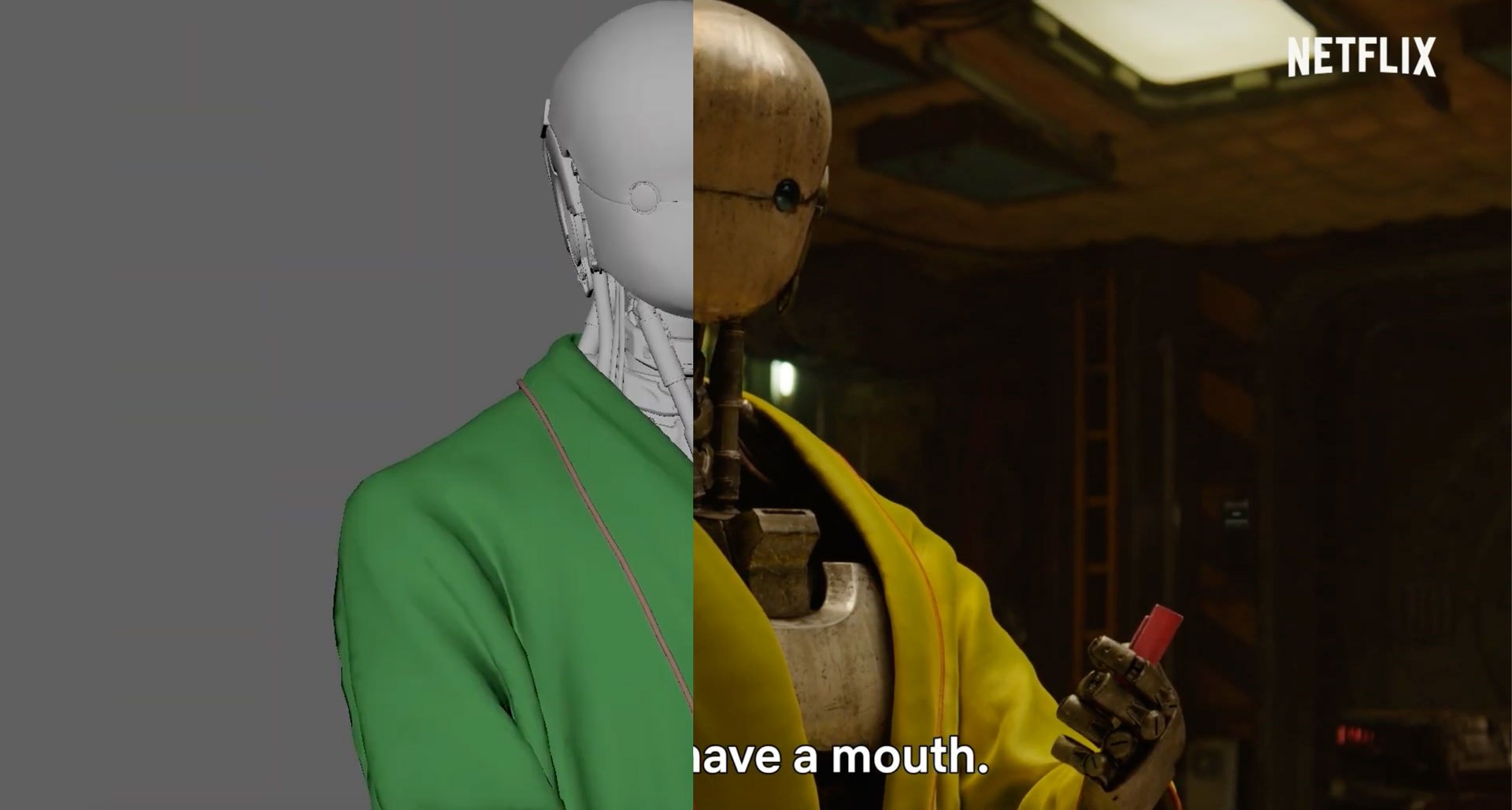
This film is also a timely critique of the direction space travel is heading. On Jan. 16th, Elon Musk explained via Twitter that passages to Mars would be paid off with indentured servitude to his private corporation. While the climate crisis on Earth worsens, real-life CEOs plan to abandon ship and most of humanity with it.
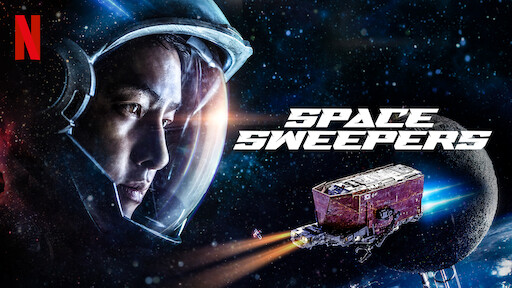
“Space Sweepers” has a powerful retort: if we have the technology to make Mars viable, then we have the technology to save Earth.
Ultimately, “Space Sweepers” only goes as deep as the audience wants it to. Anyone on the lookout for a serious and sophisticated science-fiction film should keep scrolling. Otherwise, this is an entertaining, low-stakes exploration of class struggles and the future of space travel, now available for streaming on Netflix.




